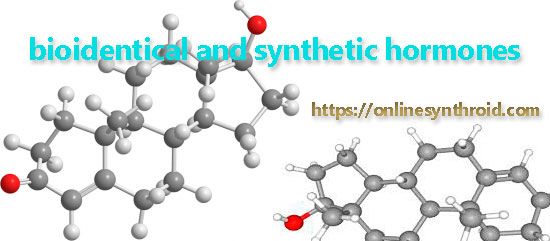Many people need hormone replacement therapy for various reasons, such as chronic diseases, temporary health conditions, or simply on a whim (for example, to achieve better results in sports). Today I would like to tell you about bioidentical and synthetic hormones. Let's try to figure out their similarities and differences, as well as the pros and cons of bioidentical and synthetic hormones.
Why doctors prescribe bioidentical or synthetic hormones
Specialists prescribe replenishing hormone therapy for a wide variety of patients. Moreover, scientists keep working on the possibility of using such substances in order to improve the physical and mental performance of an ordinary healthy person and even to slow down the aging process.
However, first of all, doctors recommend hormone therapy to people whose body, for some reason, does not produce vital hormones on its own and / or in the required quantities. Particularly, patients with thyroid dysfunction should take appropriate hormones. In addition, many athletes buy and use such drugs on their own to improve their results and physical form.

Bioidentical and synthetic hormones: What are the main differences?
Synthetic analogs replace functionally natural hormones, thus triggering the necessary processes in the human body. On the other hand, they still have a different molecular structure and can cause unwanted side effects. However, scientists have invented an alternative – natural analogs of normal human hormones created in the laboratory.
For example, some experts insist on using bioidentical thyroid hormones instead of the well-known synthetic Synthroid tablets. The latter contain the L-isomer of thyroxine (also called T4) normally produced by the thyroid gland. At the same time, bioidentical preparation from the dried thyroid gland of a pig contains thyroxine (T4), T3, T2, T1 and thyrocalcitonin.
According to experts, bioidentical and synthetic hormones differ significantly in terms of safety and ease of use. Theoretically, bioidentical ones suit humans better. But in practice it is much more difficult for doctors and patients to find the correct dosage of such hormones. That is why most people still prefer to use the good old Synthroid.




